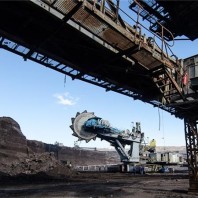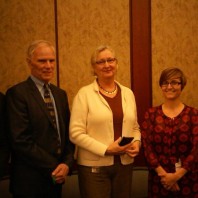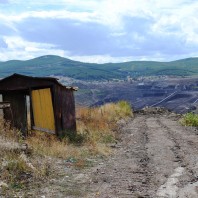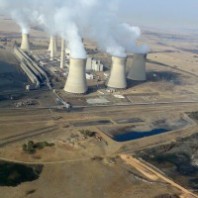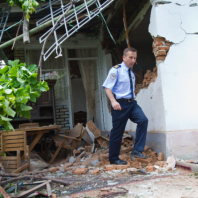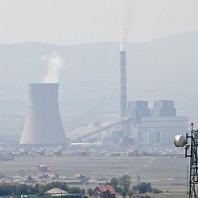[Valerie Plesch/Al Jazeera] BIC’s Nezir Sinani was quoted in an Al Jazeera article on Kosovo’s coal country by Valerie Plesch. The article finds that “residents living in the polluting shadows of two power plants may soon contend with a third.” Find the full article here.
On September 30th, the Tom Lantos Human Rights Commission held a hearing at the United States Congress on international financial institutions (IFIs) and human rights, chaired by Congressman Jim McGovern. Witnesses included BIC’s Nezir Sinani from Kosovo, Milton Sanchez from Peru, and Obang Metho from Ethiopia, who testified on the human rights impacts of World …
The World Bank seems eager to provide financial support to the Kosovar government for construction of a new coal-based power plant. But what about the people who are in the path of the expanded power plant and coal mine? Kosovo and the World Bank are trying to avoid responsibility for the impoverishment and suffering that will surely come on the heels of the involuntary resettlement of over 7,000 Kosovars from their homes and communities.
Currently the World Bank lags behind other financial institutions when it comes to integrating climate-related issues into their environmental and social policies. The safeguard policy review the Bank is currently undergoing presents an important opportunity for the Bank to establish a stand-alone safeguard policy on climate change. This gap in policy has allowed the World …
A Kosovo police officer inspects the damage caused by an explosion that rocked Kosovo’s main power plant, in Obilic, Kosovo, Friday, June 6, 2014 Photo: AP Photo/Visar Kryeziu via Climate Progress On Friday, Kosovo’s oldest lignite-based power plant exploded, killing two and injuring 13 people. The accident is the latest to occur in this country’s …
The Bank Information Center has just released a new study on the Kosovo water system. The study reflects concerns on the World Bank’s support for the proposed Kosovo Power Project (NKPP).
Nezir Sinani of Kosovo’s Institute for Development Policy explains the link between the development of coal-based energy solutions, energy costs, and poverty within Kosovo
The Institute for Development Policy (INDEP) has reviewed World Bank’s (WB) Draft Environmental Analysis for Kosovo and has identified significant errors in accounting for all environmental pollution-related costs.
Independent Syndicate of Energy of Kosovo (SPEK) meets with World Bank and U.S. government officials to discuss the effects of a new coal power plant project and the privatization of Kosovo’s electricity grid.
Compliance Advisor Ombudsman will undertake an audit of the project after a complaint on the International Finance Corporation’s involvement was received from Kosovo’s Energy Union.

